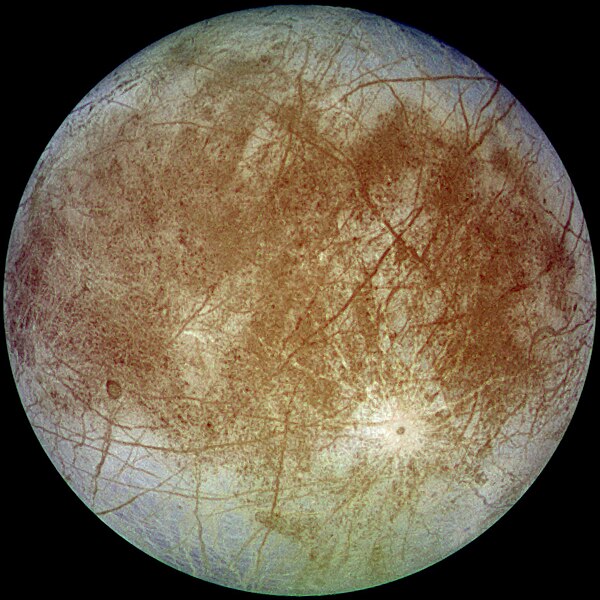
Humans are curious creatures, built with an innate sense of wonder few seem to recognize. As a species, it seems that we have been apt to look up at the stars ever since we recognized that doing so might actually mean something. That is an amazing aspect of humanity, and it is often overlooked.
Perhaps it is this sense of wonder which has made us lust for verification that we're not the only sentient beings in the known Universe, or else to make an assertion that we're as close to being alone as we can ever be. With every passing year, scientists discover that, as J.B.S. Haldane once famously put it,
"the Universe is not only queerer than we suppose, it is queerer than we can suppose."With that knowledge, though, we are becoming aware of and even coming to understand these things which once baffled us, things that we thought we would possibly never know. Beyond the search for why we are here, possibly the second most asked question is, "Are we alone?" It is a question that is at once infinitely reasonable and infinitely preposterous. As the Universe, in our experience, grows, it seems almost silly to consider probing every nook and cranny for evidence that "something is out there".
However, scientists seem to be leveling this field so that it isn't just a mere blind hunt, and the evidence may be easier to find than first imagined, according to an article in
Discover Magazine:
Today our conception of life in the universe is being turned on its head as scientists are finding a whole lot of inviting real estate out there. As a result, they are beginning to think not in terms of single places to look for life but in terms of “habitable zones”—maps of the myriad places where living things could conceivably thrive beyond Earth. Such abodes of life may lie on other planets and moons throughout our galaxy, throughout the universe, and even beyond.
The picture indicated in this blog post, Enceladus, also shows promise:
The pace of progress is staggering. Just last November new studies of Saturn’s moon Enceladus strengthened the case for a reservoir of warm water buried beneath its craggy surface. Nobody had ever thought of this roughly 300-mile-wide icy satellite as anything special—until the Cassini spacecraft witnessed geysers of water vapor blowing out from its surface. Now Enceladus joins Jupiter’s moon Europa on the growing list of unlikely solar system locales that seem to harbor liquid water and, in principle, the ingredients for life.
Do not be overly optimistic, however, of the possibility of a scene akin to the ending of 'Close Encounters of the Third Kind', as the life found on other planets may not be highly evolved, jetting around the Universe in a silver Frisbee. Since the search so far has yielded only water, then the life would, in all likelihood, be very primitive.






